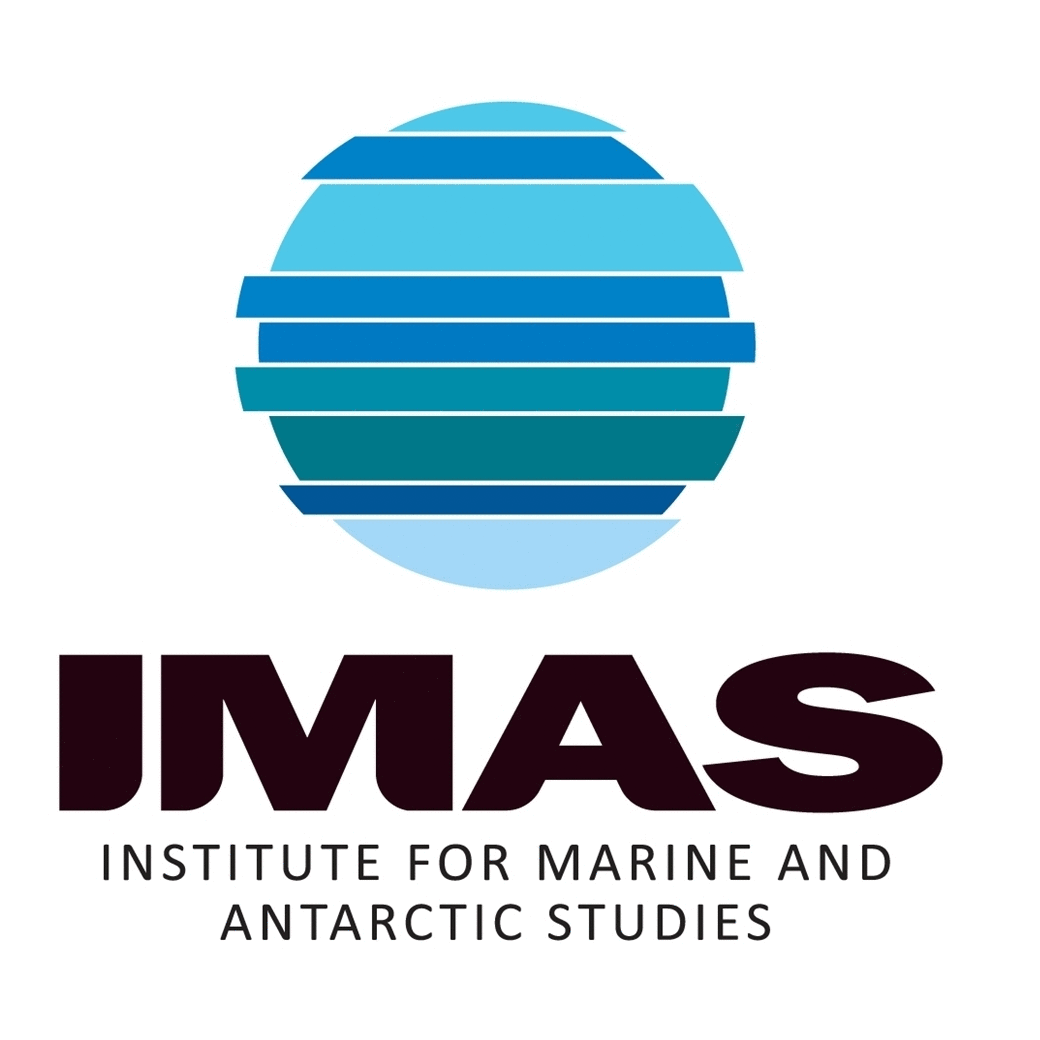Current speed in the water body
Type of resources
Topics
Keywords
Contact for the resource
Provided by
Years
-
The AUStralian Tidal Energy (AUSTEn) project was a three year project (2018 - 2020) funded by the Australian Renewable Energy National Agency (agreement number G00902) led by the Australian Maritime College (University of Tasmania), in partnership with CSIRO and University of Queensland. The project had a strong industry support (Atlantis Resources Limited, MAKO Tidal Turbines Ltd, Spiral Energy Corporation Ltd). The aim of the project was to assess the technical and economic feasibility of tidal energy in Australia, based on the best understanding of resource achievable. For further information and output of the project, please visit the AUSTEn project website www.austen.org.au.
-
The AUStralian Tidal Energy (AUSTEn) project was a three year project (2018 - 2020) funded by the Australian Renewable Energy National Agency (agreement number G00902) led by the Australian Maritime College (University of Tasmania), in partnership with CSIRO and University of Queensland. The project had a strong industry support (Atlantis Resources Limited, MAKO Tidal Turbines Ltd, Spiral Energy Corporation Ltd). The aim of the project was to assess the technical and economic feasibility of tidal energy in Australia, based on the best understanding of resource achievable. For further information and output of the project, please visit the AUSTEn project website www.austen.org.au.
-
The AUStralian Tidal Energy (AUSTEn) project was a three year project (2018 - 2020) funded by the Australian Renewable Energy National Agency (agreement number G00902) led by the Australian Maritime College (University of Tasmania), in partnership with CSIRO and University of Queensland. The project had a strong industry support (Atlantis Resources Limited, MAKO Tidal Turbines Ltd, Spiral Energy Corporation Ltd). The aim of the project was to assess the technical and economic feasibility of tidal energy in Australia, based on the best understanding of resource achievable. For further information and output of the project, please visit the AUSTEn project website www.austen.org.au.
-
Physical and chemical parameters at five Pacific oyster (Crassostrea gigas) growing areas in Tasmania - Pittwater, Pipeclay Lagoon, Little Swanport, Georges Bay and Simpsons Bay - were measured as part of a study to determine the carrying capacity of the areas for oyster farming. This has provided valuable environmental data for these areas. The hydrodynamic regimes at each area except Simpsons Bay were studied, including high and low water volumes, flushing rates, flow rates and depth contours. Temperature, salinity and concentrations of nitrates, phosphates, silicates and chlorophyll a were measured monthly at several sites in each area. The change in these parameters over different time scales also was examined at two sites in Pittwater and indicated temporal and spatial variability in the environmental parameters measured.
 IMAS Metadata Catalogue
IMAS Metadata Catalogue